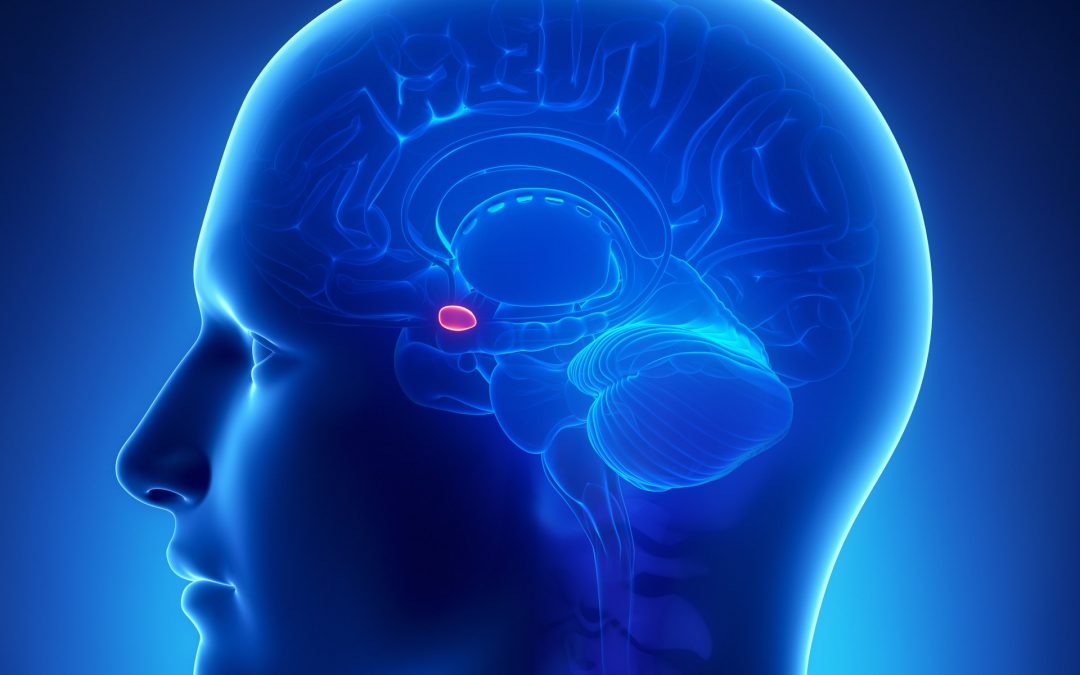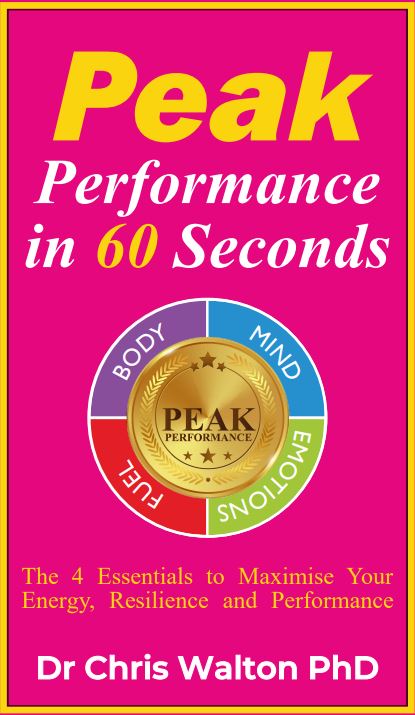The amygdala – the pink bit above – is an almond-shaped group of neurons that is situated deep in the limbic brain. Its primary role is alerting the body in survival situations. It also helps to correlate different emotional charges to your long-term memories.
If anything in your environment reminds your subconscious mind/memory banks of a past experience that was threatening or felt uncomfortable, your amygdala will activate, sending your body into the survival response of fight or flight.
Back when we were primitive beings living exposed to the dangers of the environment, it was appropriate for us to respond to these flight-or-fight signals. If a tiger were coming at you, you would want to flee back to your cave to safety! But in today’s modern world, you are not subject to many such life-or-death threats. Your amygdala, however, still responds to perceived threats, which more often than not are psychological rather than physical.
Your emotions are constantly provoked from anger to frustration to shame and guilt—as you negotiate the complexities of your busy days and complex relationships. Today, we call this response ‘stress’.

The constant pressure of stress on your system is as real as the sudden flow of chemicals that sent your primitive ancestors fleeing from tigers, and stress can wear you down, effecting your health and state of well-being.
When under stress, your critical thinking and decision-making is diminished, and you are more likely to act irrationally. As you clear your memory banks of outdated perceptions and update your subconscious programming with new, empowering beliefs, however, your body can react better to changes in the environment and you experience enhanced mental and emotional health and performance.
The cortex is the king of your brain. It is very large in humans, compared to the rest of the animal world, which explains our higher thinking capacities, especially self-awareness. The frontal lobes are the most highly evolved area of the human brain. Your frontal lobes enable you to direct your attention, initiate behaviours, reason and rationalise. Frontal lobe activity is also crucial to helping you inhibit impulsive acts.
Although you now have a better understanding of your basic brain function, don’t be fooled into thinking that you know more about your psychology! While conventional biology tells us our thoughts—and really everything non-tanglible about us that makes us the unique individuals that we are—is an emergent property of the brain, the leading edge of science shows us that our consciousness does not arise from brain chemistry. It is something different, consciousness is an independent state that is a flow of energy and information that connects us to the cosmos.
Still, whatever your belief in terms of your brain’s relationship to your consciousness, I suspect you will agree that learning to minimize stress is a good thing. What follows is a quick and effective technique for relieving stress and enhancing your performance:
Anytime you feel stressed, try this simple but powerful technique:
1. Rub your hands together vigorously for five seconds.
2. Then place your thumbs on your temples and the four fingers of each hand just above your eyebrows in a vertical line on your forehead.
3. Pull lightly to the sides of the head repeatedly for five to ten seconds so that you stretch the skin on your forehead. You are activating your emotional neurovascular reflexes, which assist in balancing your emotional energy. Your brain will instantly increase the electro-chemical activity in your frontal lobes, and the heat from your hand will draw blood away from your limbic system into your frontal cortex, allowing you to relax and make better decisions.
Give it go now by thinking of something that stresses you and trying this technique for yourself.



